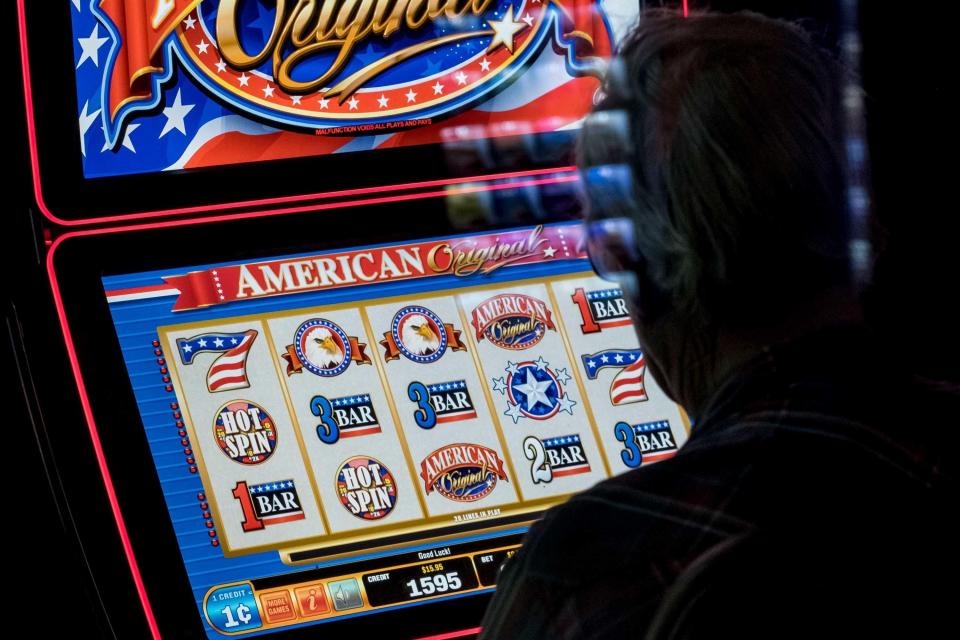A lawsuit filed against slot machines could affect future of sports betting in Missouri
A class-action lawsuit filed in Missouri last week accuses an operator of lottery machines, a gas station chain owner, and several other individuals of corruption and racketeering involving the machines across the state.
It could have political implications for the ongoing attempt to legalize sports betting in the Missouri legislature, with the issue becoming increasingly linked to the existence and regulation of the slot machines.

What does the lawsuit entail, and who is involved?
The class-action suit, filed March 3 in Missouri's Western District federal court, outlines an alleged corruption scheme between several entities:
Torch Electronics, a company that owns and operates slot machines across the state of Missouri, and its owner Steven Miltenberger;
Warrenton Oil Company, which owns gas and convenience stores across the state which often house the machines;
Mohammed Almuttan, a St. Louis-area convenience store owner-turned-informant who has previously been sentenced for his role in a contraband conspiracy scheme, and his brother Rami Almuttan, who was also involved in the scheme.
It is filed on behalf of seven Missourians who allege they have played Torch's machines on several occasions and lost money from them.
The suit alleges that "an enterprise promoting and engaging in illegal gambling exists among Torch and Miltenberger and the owners of the convenience stores, gas stations, bars, restaurants, and other places of public accommodation where Torch’s slot machines are installed and operated in the State of Missouri."
The machines, which Torch refers to as "No Chance Games" in that players can view the result of the game before playing, have proliferated throughout Missouri and other states in recent years; there are currently no state regulations surrounding them.
You can read the full lawsuit here.
More:What's going on with sports betting in Missouri? Here's the latest on efforts to legalize
What does this have to do with sports betting in Missouri?
For several years, lawmakers in Jefferson City have sought to move toward legalizing sports betting in Missouri, seeing it as an opportunity for increased revenue as surrounding states legalize the practice.
But one senator has sought to tie legislation legalizing sports betting to legalization of another type — for the video lottery terminals like those operated by Torch and other companies throughout the state. Sen. Denny Hoskins, a Warrensburg Republican, argues the legalization of VLTs would bring in even more revenue.
That desire to legalize gaming machines is not necessarily shared among other lawmakers — when senators voted to advance two different sports betting bills earlier this year, they advanced one without VLTs and voted down Hoskins' bill. But Hoskins has appeared willing to hold up action on sports betting without the inclusion of language legalizing VLTs.
The lawsuit is likely to garner the attention of casino operators, who oppose the legalization of the video lottery terminals, and could further fuel the dynamics of the sports betting and VLT discussions. Leaders in both chambers and in both parties have expressed a desire to pass sports betting legalization this year, but remain hesitant on whether a compromise can be reached.
The legislature returns from their spring break on Monday, March 20; the annual legislative session ends in early May.
Galen Bacharier covers Missouri politics & government for the News-Leader. Contact him at gbacharier@news-leader.com or on Twitter @galenbacharier.
This article originally appeared on Springfield News-Leader: Why slot machine lawsuit could impact path to Missouri sports betting

